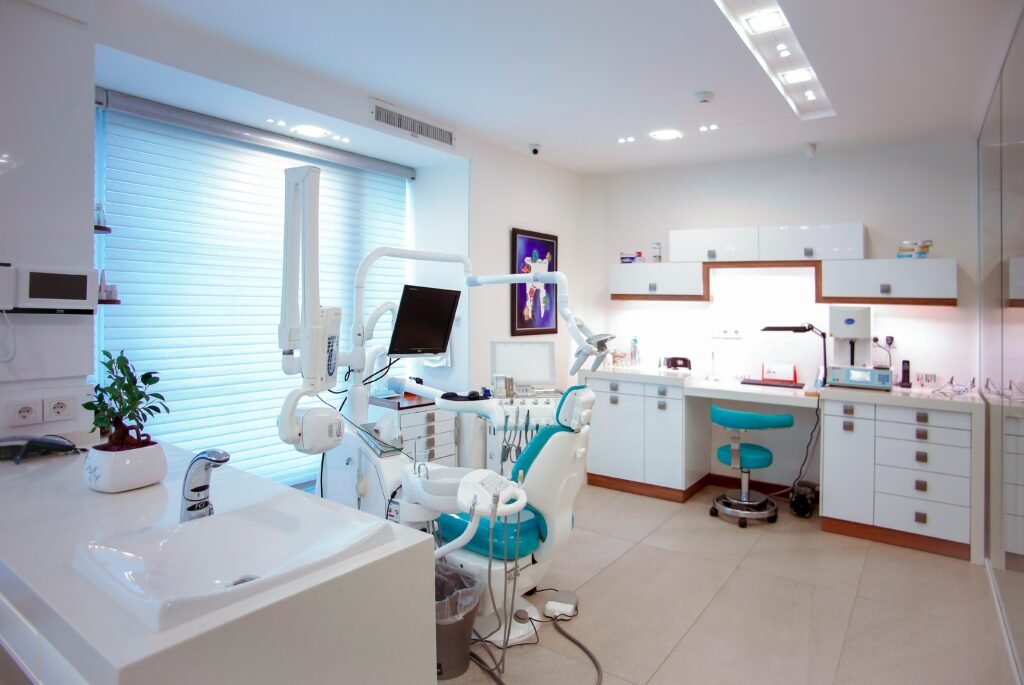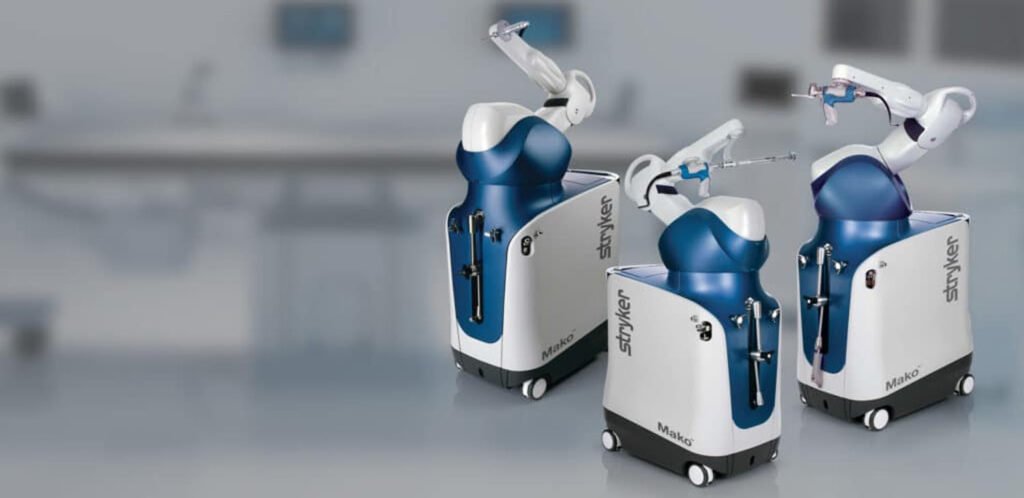The Growing Role of Laser Dentistry in Modern Dental Care

Advancements in technology have transformed many fields, and dentistry is no exception. The use of laser technology, which provides a less intrusive option to conventional operations, is a noteworthy advancement. Finding a dentist in Aurora who utilizes laser treatments can make a difference for those seeking innovative dental solutions. Whether it involves cavity removal, gum surgery, or teeth whitening, the integration of laser technology elevates patient experiences by reducing pain and recovery time.
Understanding how lasers operate within dentistry can empower patients to make informed decisions about their oral care. The precision offered by laser technology allows dentists to perform delicate procedures with minimal tissue damage, facilitating faster healing. As the medical community backs a move towards less invasive practices, laser dentistry is paving the way for a future where fear of the dentist is a thing of the past.
Key Takeaways:
Laser dentistry offers a more comfortable, less invasive option for many dental procedures.
Technology reduces healing time and enhances precision in dental care.
Patients can benefit from less discomfort and anxiety with laser treatments.
Table of Contents:
What is Laser Dentistry?
Common Procedures Using Laser Dentistry
Benefits of Laser Dentistry
A New Patient Experience
The Future of Laser Technology in Dentistry
What is Laser Dentistry?
Laser dentistry involves the use of focused light energy for dental treatments. Lasers can easily cut or vaporize tissue, making them useful for various procedures. These devices are known for their accuracy and effectiveness, enabling dentists to maneuver through complex treatments easily. This technological advancement not only enhances the efficiency of dental care but also makes it more accessible and less intimidating for patients who may be wary of traditional methods.
Common Procedures Using Laser Dentistry
Laser technology is versatile and can be employed in various dental procedures. Common applications include cavity detection and treatment, gum reshaping, and teeth whitening. In many situations, the laser can do without anesthetic because of its accuracy and low level of invasiveness. These procedures often have the added benefit of reduced bleeding and swelling, allowing patients to resume their daily activities sooner than traditional dental approaches permit.
Benefits of Laser Dentistry
The benefits of incorporating lasers into dental care are manifold. With laser technology, patients can experience a reduction in discomfort, quicker recovery times, and reduced risk of infection. The precision of lasers limits damage to surrounding tissues, which is especially beneficial in procedures involving sensitive gum tissue. Additionally, lasers can lessen the tension and panic that are frequently connected to dental visits, which makes it simpler for people to keep up with routine examinations and promptly take care of tooth issues.
Laser dentistry is also being recognized for its role in improving patient outcomes. According to a study published by the Journal of Lasers in Medical Sciences, laser-assisted treatments can enhance the effectiveness of procedures by providing a sterile environment that decreases the likelihood of postoperative complications. This evidence supports the expanding use of lasers in practice for patients and practitioners keen on adopting technology-driven dental solutions.
A New Patient Experience
Patients who choose laser dentistry often report a more positive experience. The gentler approach helps alleviate the stress that comes with dental visits, particularly for those with dental phobias. Procedures that once relied on drills and scalpels are now being conducted with lasers in a way that minimizes noise and vibration, key triggers of anxiety. As dental practices continue to integrate this technology, it is anticipated that patient fears will also diminish, encouraging regular dental care without the burden of fear or discomfort.
The Future of Laser Technology in Dentistry
The future of laser dentistry looks promising as technology continues to evolve. Current research and developments aim to expand its capabilities and applications. Dental professionals anticipate that lasers will play an increasingly vital role in providing advanced care that is both efficient and patient-centered. As more dentists become trained in laser technology, patients can expect a shift in standard dental practices towards those that embrace technology for improved outcomes. This progression endorses greater health and well-being and aligns with the broader trend towards precision medicine.



Responses